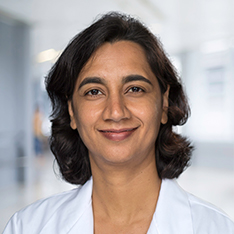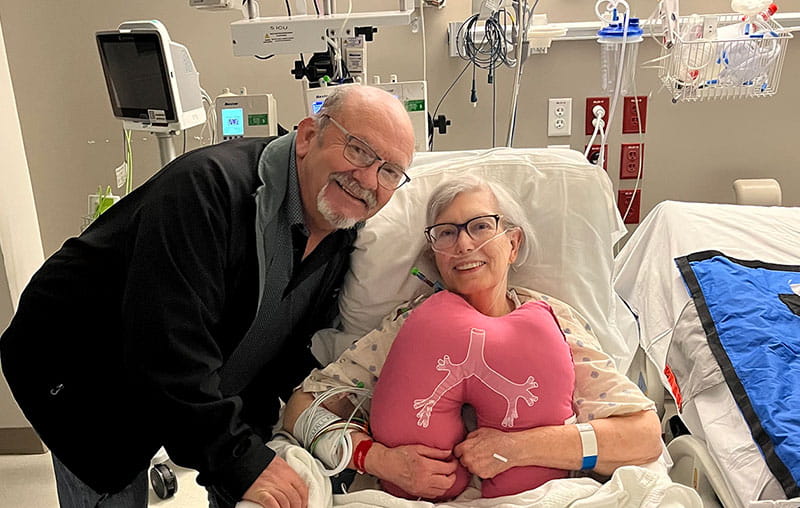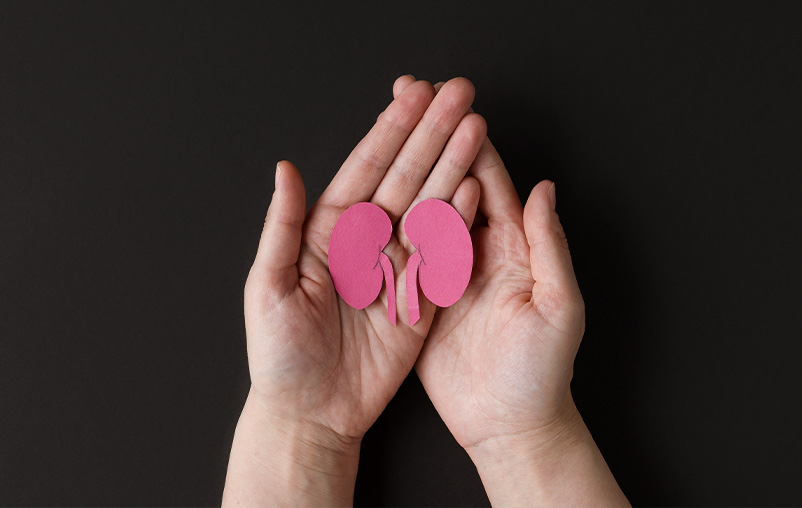It once was pretty unusual to encounter someone with a transplanted kidney. Not anymore. Last year, more than 25,000 kidney transplants were performed across the country, which is an average of 70 a day.
But while kidney transplants are more common, managing the care of transplant patients remains just as complex. Patients take a number of medications and follow dietary advice to avoid rejection of their new kidney. That care becomes even more complicated if patients have other medical conditions requiring treatment that might interfere with their transplant recovery.
University Health Transplant Institute
University Health Transplant Institute, a partnership between University Health and UT Health San Antonio, has leveraged more than three decades of research, education and surgical excellence to provide the highest quality care for transplant patients. This includes guidelines for the treatment of adult kidney transplant patients, which are utilized by community physicians who treat these patients pre- and post-transplant. The guidelines are aimed at making the complex care of these patients more standardized.
“These are very user-friendly protocols,” said Dr. Suverta Bhayana, medical director of Kidney Transplantation with University Health Transplant Institute, who co-wrote the new guidelines with fellow nephrologist, Dr. Rupal Patel. “So, if you have a patient with a kidney transplant and high blood pressure, it tells you how to manage their pressure differently from somebody else. Or if they have diabetes, management might be a little different in a transplant population.”
The guidelines, based on the latest evidence and updated annually, are practical and concise; an invaluable resource that directly addresses the most commonly encountered issues in the care of transplant patients.
University Health Transplant Institute’s kidney transplant program outcomes are among the best in Texas. It is also home to the No. 1 living donor pediatric kidney program in the U.S.
Nationally Recognized Transplant Programs
In addition to having top-ranking adult and pediatric kidney transplant programs, the Transplant Institute also has robust lung and liver transplant programs—performing more than 6,000 transplants since the institute opened. The Transplant Institute’s programs include:
- Adult kidney, lung and liver transplant
- Pediatric kidney and liver transplant
- Pediatric and adult living donor kidney and living donor liver transplant
The adult lung transplant program surgeons have performed more than 785 transplants since the program was established in 1987. The team of surgeons, in partnership with UT Health, has changed the way lung transplants are performed around the world.
The adult liver transplant program is ranked at Tier 5 program for 1-Year Liver Survival, which is the highest rating, and the No. 1 liver transplant program in the U.S. in 2023, according to Interlink.
Types of Organ Donors
Both the kidney and liver transplant programs can receive donations from living and deceased donors. The liver is the only organ in the body that can regenerate (grow back), which is why living donation is an option. In fact, the liver transplant program is the only one in South and Central Texas to offer living-donor liver transplants. In addition, living donors can also donate one kidney.
University Health Transplant Institute Program Outcomes
The outcomes of patients who receive lung, liver and kidney transplants across the nation are updated and publicly reported every six months by the Scientific Registry of Transplant Recipients, ensuring patients in need of transplantation can make informed decisions when selecting a transplant program.
Learn more about the nationally recognized transplant care at University Health.





